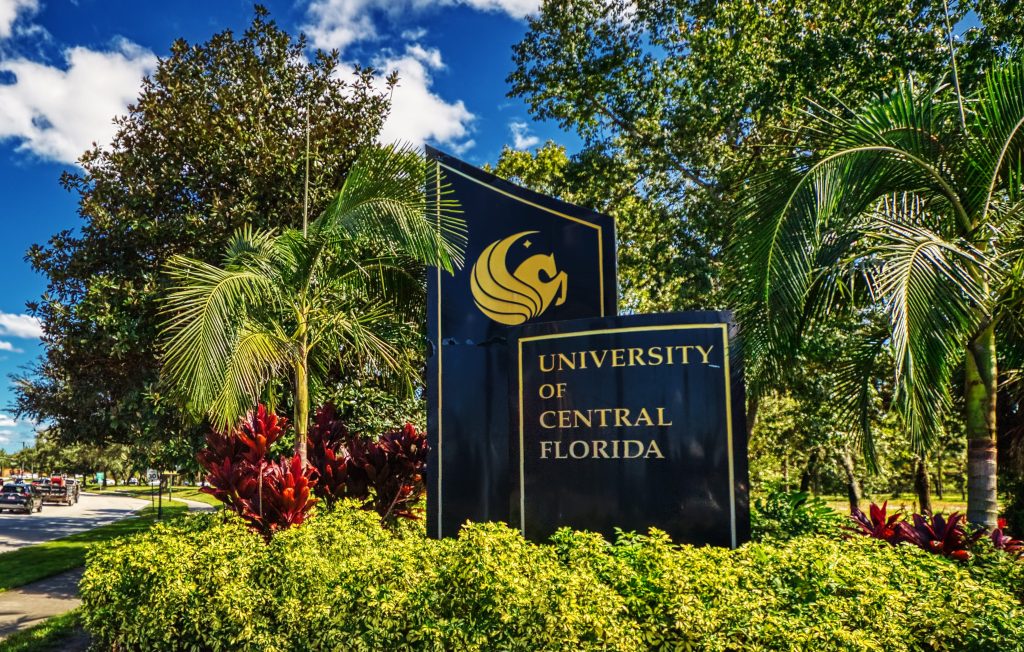TALLAHASSEE — State university system leaders want to have Florida Atlantic University and the University of North Florida ranked among U.S. News & World Report’s top 100 public universities by 2030.
If this goal is achieved, eight of the state’s 12 universities will be ranked in the nation’s top 100.
When considering the strategic plan at a meeting last week, members of the system’s board of directors spent a significant amount of time focusing on the high-profile and controversial U.S. News & World Report listing.
The strategic plan also includes issues such as increasing research funding, improving graduation rates and raising the median wage for students earning bachelor’s degrees, but improving the school’s rankings is seen as a priority. .
By 2030, the board aims to make Florida State University one of the top 10 public universities, and the University of South Florida the third university in the state to be ranked in the top 25. The plan also aims to add the University of Central Florida to the top 50 along with Florida International University and place FAU and UNF in the top 100.
Florida A&M University has been ranked in the top 100 for the past two years, coming in at No. 81 on this year’s list.
Board member Eric Szilagyi said he would like to see a prediction of how Florida’s universities would rank if the state’s relatively low tuition costs were removed from the index.
“We have been blessed with tremendous support from the Legislature and the governor by keeping tuition costs very low,” Szilagi said.
“Can we really scale[other metrics]?” Shilagyi continued. “How far can we stretch? Without billions of dollars a year in subsidies, would there have been another hurdle to clear?”
Student debt and per student resources account for a total of 13% of the U.S. News factors used in college rankings.
The rankings also consider issues such as graduation rates, first-year student retention, graduate earnings, peer reviews, faculty salaries, and student-faculty ratios.
Graduation rates and peer ratings are the only factors that account for at least 15% of a school’s ranking.
Over the past decade, state officials have placed increasing importance on rankings. The University of Florida was ranked seventh among public universities in the nation this year, dropping in rank each of the past two years.
But the focus on U.S. News & World Report’s rankings has been controversial in academic circles, with criticism focused on the criteria used by the online magazine and the perceived campaign by schools for higher rankings.
The New York Times reported last month that former University of Florida President Ben Sasse disagrees with the school’s emphasis on rankings. Sasse resigned from the presidency in July, citing his wife’s health. Reports also raise questions about the spending of the presidential administration under Sasse.
First published: December 26, 2024 at 10:16am EST



